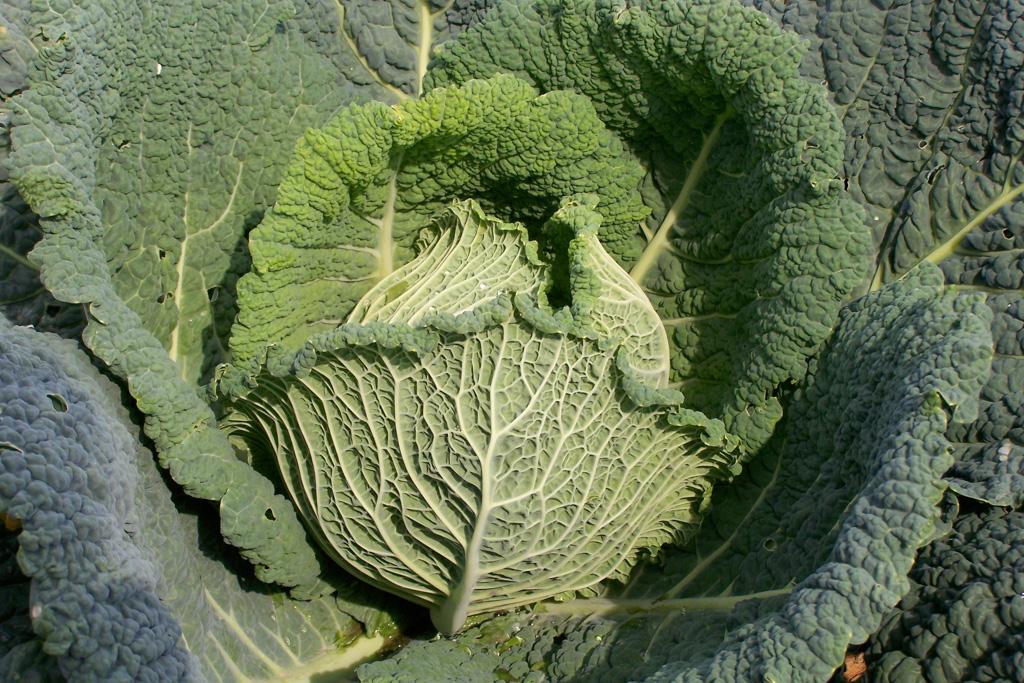As of midnight on October 1, the 2014 Farm Bill has officially expired. With the House on a six-week recess starting that same day, we now can't expect to have a new Farm Bill until at least after the midterm election in November. In the meantime, key programs for Vermont farmers and eaters are now without funding.
Certain programs funded under the Farm Bill have mandatory, or "baseline" funding, meaning their funding continues even if Congress fails to pass a new Farm Bill before the previous one expires. Examples of programs with mandatory funding include the Supplemental Nutrition Assistance Program (SNAP), crop insurance, and most commodity and conservation programs. Many of these programs are critical to Vermont farmers and eaters, and while they remain funded despite the Farm Bill's expiration, they do face their own set of threats.
Until a new bill is passed by the conference committee, however, some of our greatest concerns are around the many critical programs that will go unfunded. These include:
- National Organic Certification Cost-Share Program (NOCCSP)
- Beginning Farmer and Rancher Development Program (BFRDP)
- Farmers Market and Local Food Promotion Program (FMLFPP)
- Food Insecurity Nutrition Incentives (FINI) Program
- Value-Added Producer Grants (VAPG)
- Organic Agriculture Research and Extension Initiative (OREI)
Now through election day (at least) is the time to put pressure on Congress to pass a new Farm Bill this year - one that reflects the bipartisan approach taken in the Senate, and one that supports organic farmers, local and regional food systems, beginning farmers, and access to nutritious food for all.
Get the latest action alerts and read more on what this means for key programs, and possible next steps, from our friends and partners:

